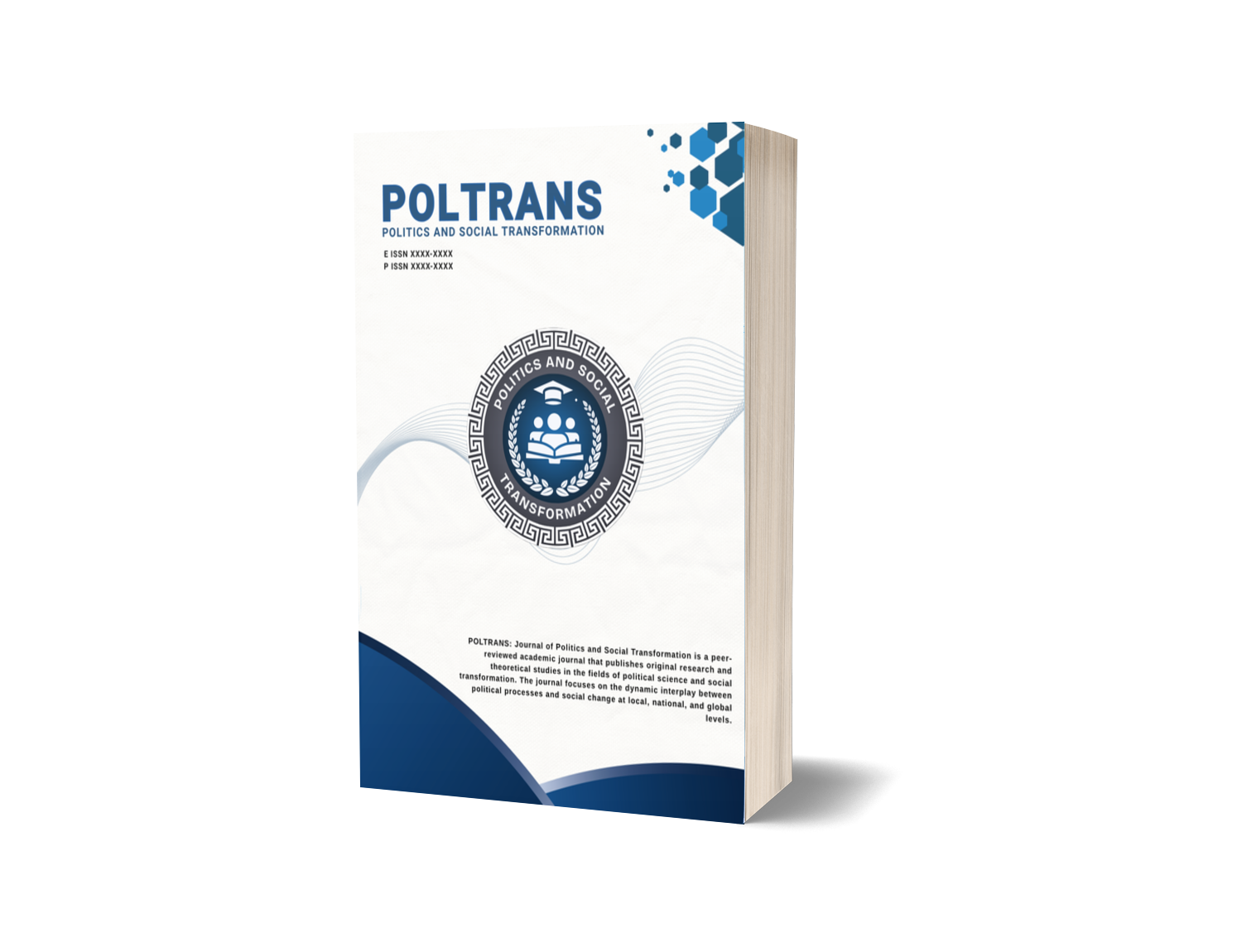Democratic regression of dynasty politics in the nomination process for the vice Presidential election in the 2024
Keywords:
Regression, democratic, dynasty, election, politicsAbstract
This research examines and understands the practice of dynasty politics and its impact on democracy in Indonesia, focusing on the candidacy of Gibran Rakabuming Raka as a vice presidential candidate in the general election in 2024. This study found that the Constitutional Court's decision to change the age limit of vice presidential candidates unilaterally violates the code of ethics and the judiciary's neutrality principle. This decision is considered to benefit Gibran, the son of President Joko Widodo and the nephew of the Chief Justice of the Constitutional Court, Anwar Usman. In addition, the politicisation of social assistance carried out by Candidate Pair 02 in the 2024 Election yesterday as a campaign tool to attract public votes was also identified as a factor that regressed democracy. These findings show that dynastic political practices and the non-neutrality of judicial institutions can undermine public trust in the democratic and government systems. In addition, this finding confirms that the judiciary and other state actors involved are not entirely neutral, so they cannot guarantee the quality of democracy in Indonesia. This research uses a qualitative method with an interview approach.







